
Many footballers dream of plying their trade overseas. Often, navigating the complexities of foreign football environments can help to shape them into more rounded people and players. Australian youth international Denis Genreau returned to Melbourne last year after living his dream of playing football in Europe. The opportunity has left him richer for the experience and with a new desire to make an impact in the A-League and with the Australia’s national youth teams.
Through the PFA’s photographer Aleksander Jason – who visited Denis while he was living in Amsterdam – we explore the life of a footballer based overseas in our latest edition of Copa Coffee.
Moving overseas had always been a long-held dream for Denis Genreau. Born to French parents but brought up in Melbourne, there was a thread of European influence present in household from an early age. Through his parents, Denis learned to speak French fluently throughout his childhood.
“I was born in France and it had always been a dream to come back to Europe and to play. My father and I used to get up early in the mornings to watch European football and dreaming about being on that stage has always been a goal for me.”
In 2018, Genreau signed with Dutch Eredivisie side PEC Zwolle which, at the time, had a strong link through its then-Head Coach John van’t Schip, who had worked with Genreau at City. Denis’ dream had come true.
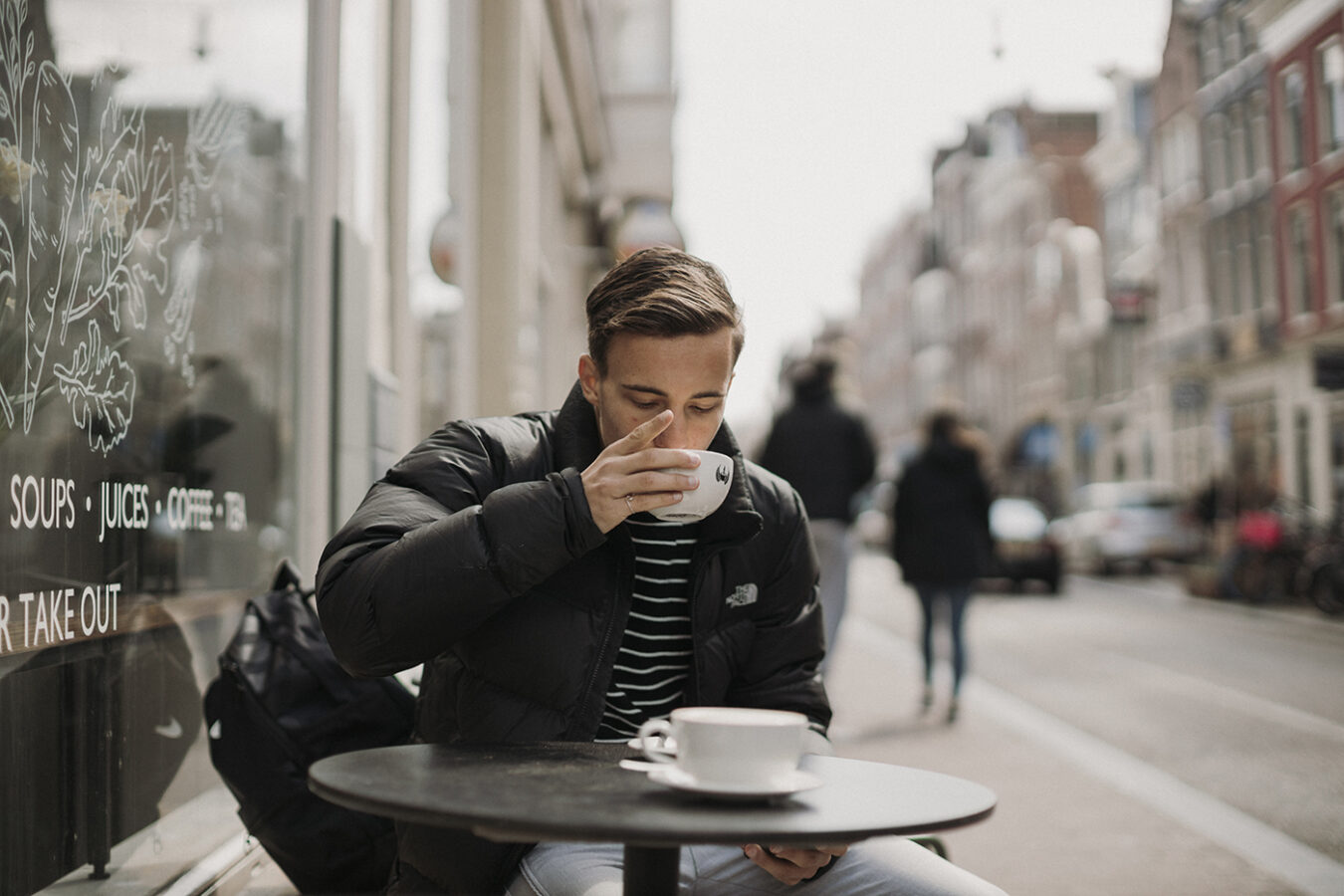
Knowing there would be some familiarity through his connection with van’t Schip, coupled with his lifelong desire to play football on the European continent, Genreau was eager to pursue the opportunity – one that came with a mix of uncertainty, challenges and new experiences.
“I learned a lot in terms of football but also in life, where I was living away from home for the first time and to experience a new country and a new culture was great.
“Things went so fast when I first moved there, having to move into my own place, learn to cook, learn the language and I was playing regularly at the start, so everything was going so fast. But after it slowed down a bit and I settled in, every now and then you realise how lucky you are to get to do what you love every day.
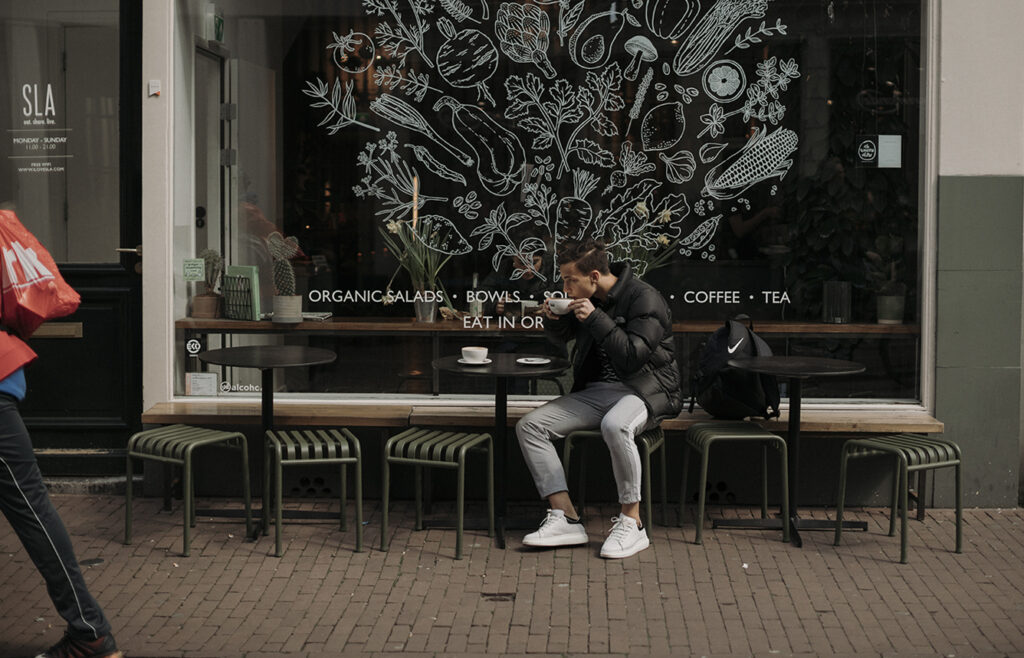
“Personally, it was a fantastic experience, both for my personal life but also for my football. I learnt a lot in terms of living by myself, in a new country, with a different culture and language. It challenged me to be more independent and have to care for myself mentally but also physically.
“It was great for my resilience and independence. It was my first time living away from home, so if you have a bad day at training you come home and you don’t have your friends and family around you, so you have to learn to deal with it yourself.”
While a football career was the main item on the menu for Genreau with his move to Europe, immersing himself into the local culture helped him to quickly feel at home in his new suroundings.
“I lived in an apartment in the centre of Zwolle, right in the middle of the city and there were shops, bakeries, cafes and restaurants under my house. There was a cafe called Blij right in front of my place, and they make a really nice iced chocolate coffee. They have a nice terrace to sit and enjoy the sun.
“Zwolle is also a student city so there’s always something happening. Sometimes the noise from the city kept me up at night but living in the centre helped me meet new people and really feel a part of the community.“
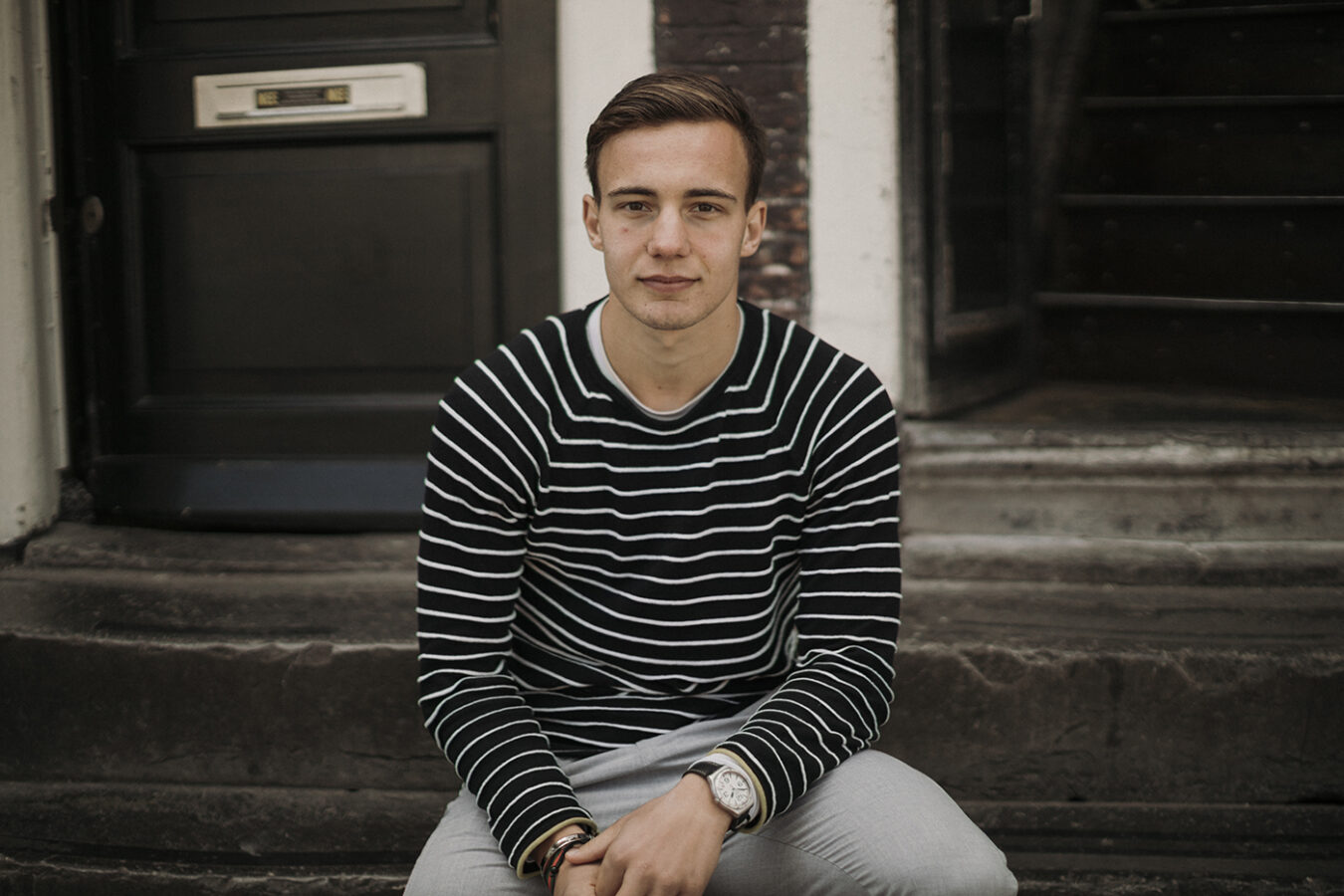
“I used my bike for everything including getting to training every day. The fact that Europe is so small makes it easy to travel and to visit new countries as well.
Genreau said the benefits of living and playing overseas went far beyond those opportunities on the pitch, with the experience helping him to build personal traits that have prepared the 20-year-old for future challenges. But football remained his primary focus. He found breaking into a top-tier side in the Netherlands understandably challenging.
“I really had no idea what to expect. I knew the level of football was going to be high and I was going to have to work really hard, but I thought it was a great opportunity and I didn’t really think about it too much, I just went with my gut and decided to go.
“When I first moved over I didn’t really expect to play any games. I was coming here to learn a new style of play and to develop myself as much as possible. To have played first team games was a massive bonus and an unforgettable experience.“
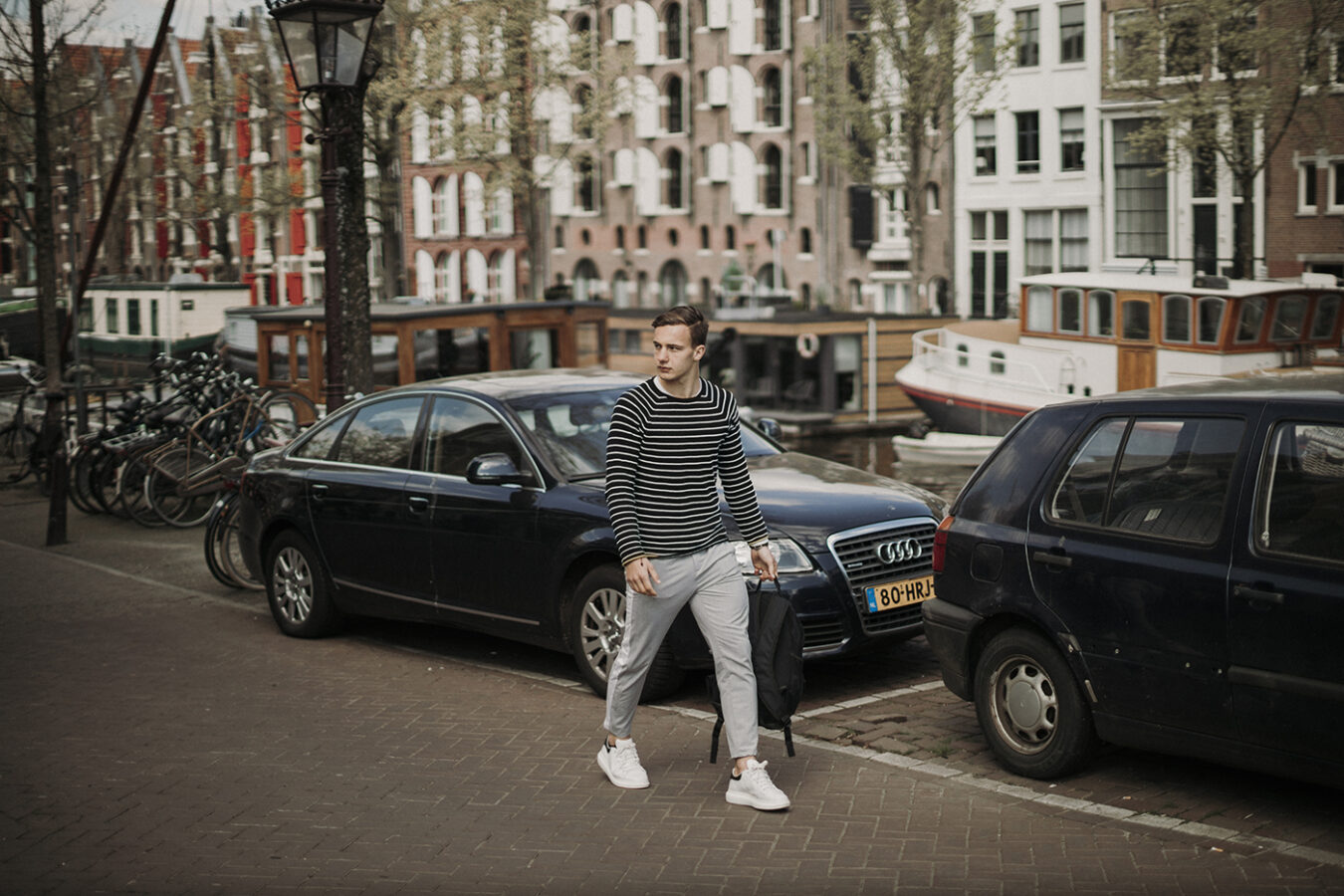
“The Eredivisie is a difficult competition, there are a lot of young technical players and it is surprisingly pretty physical as well. I think the level there is higher than Australia but the top teams in the A-League could compete in the Eredivisie.
“I think in terms of tactics it is very different, there are a lot more teams in the competition, so every week you have to prepare differently. The fans can be pretty hard on their teams in Holland as well but I think a big difference is the fact that young players are given an opportunity to play and to show people what they can do, regardless of their age.
“I was exposed to some of the best teams in the world, and to a new style of football with new players and new tactics, so I learnt a lot in my year away. It’s also allowed me to be in the picture for the national teams too.”
Genreau’s experience overseas wasn’t without its challenges, however. Setbacks with injuries and the language barrier in particular posed issues for the midfielder.
“In Australia we have very good medical staff and physiotherapy, whereas overseas they put more importance on the football side of things and a lot less on the physical side. It was something I had to adjust to, and I had to do a lot more on my own to take care of my own body.
The language at the start made it difficult to try and fit in the team. It was also difficult in the beginning because I had to try and understand what the coaches were saying whilst also trying to focus on my game.”
While overseas, Genreau had the option to connect with former Socceroo Jon McKain, the PFA’s Player Relations Manager for Socceroos and overseas-based players, and Simon Colosimo, who recently joined the global players’ union, FIFPro, after 25 years with the PFA.
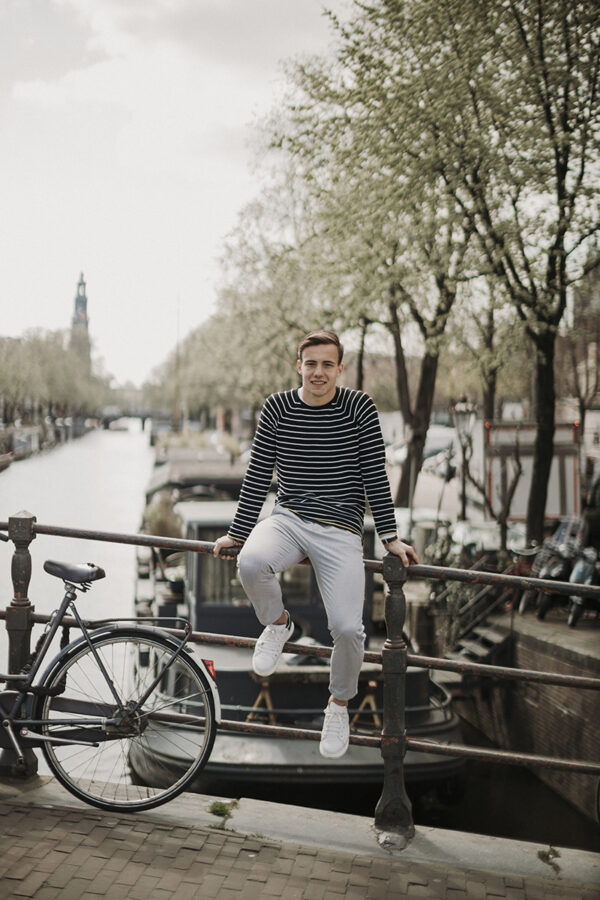
“Jon was always in contact with me from the very start of my move. He helped me settle in and always asking if I needed anything. I also used the PFA Education Grant to learn Dutch while I was over there which was definitely necessary.”
Now based back in Melbourne with City, Genreau said he was enjoying the opportunity, while having a touch of European flair, through his interactions with Head Coach Erik Mombaerts.
“It was a difficult year to be away from family and friends for a long time, but it’s nice to be back living at home. It’s good to be back at Melbourne City with a lot of familiar faces I know and also to see the new faces and how the club has improved in the year I was away.
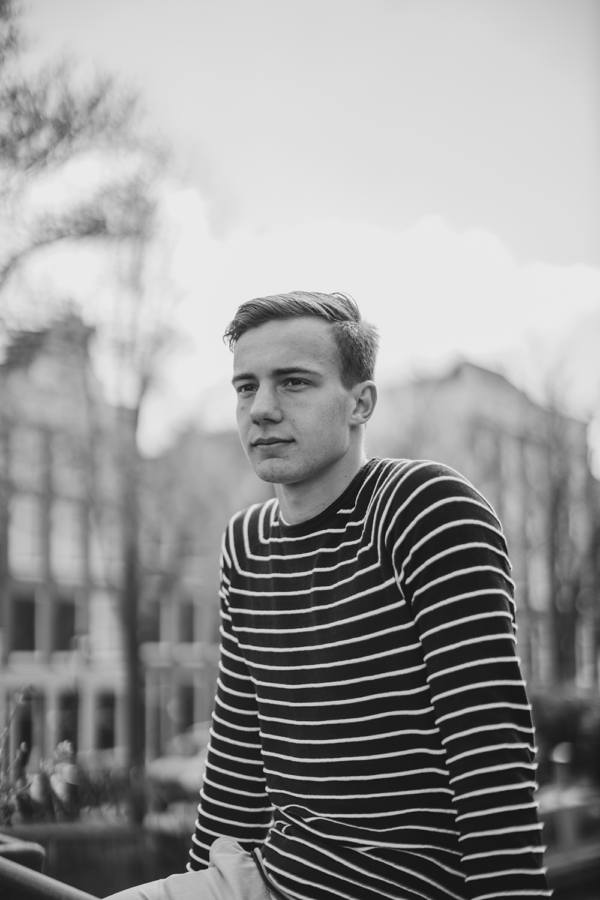
“Personally, I want to be playing regularly and keep improving but also start to establish myself in the league and show everyone what I’ve learnt in the year I was away.
“It’s nice to hear a French accent around the club, but the way he wants us to play is very attacking exciting football, and I think it really suits me and will be a change from the last few years.“








